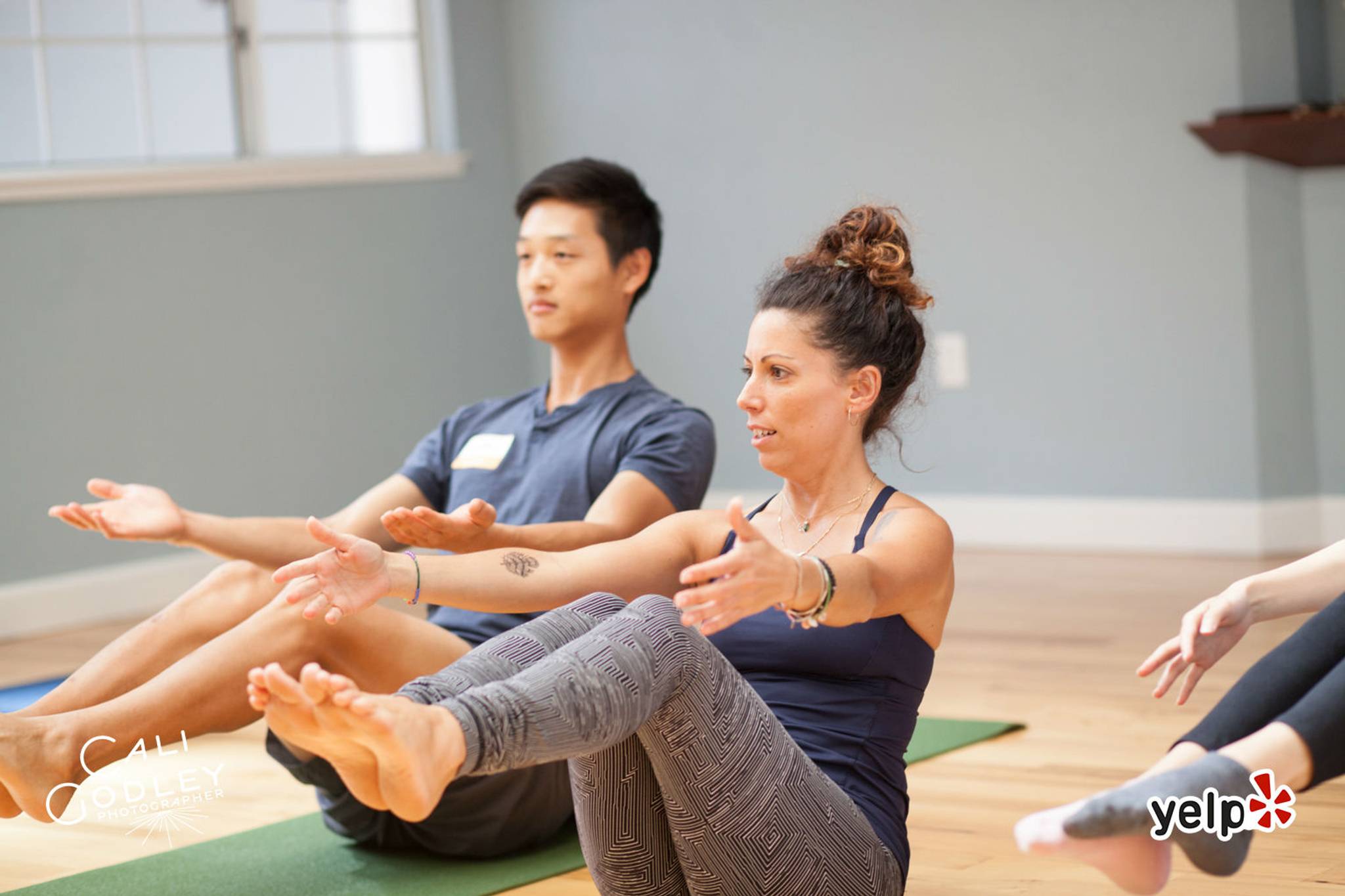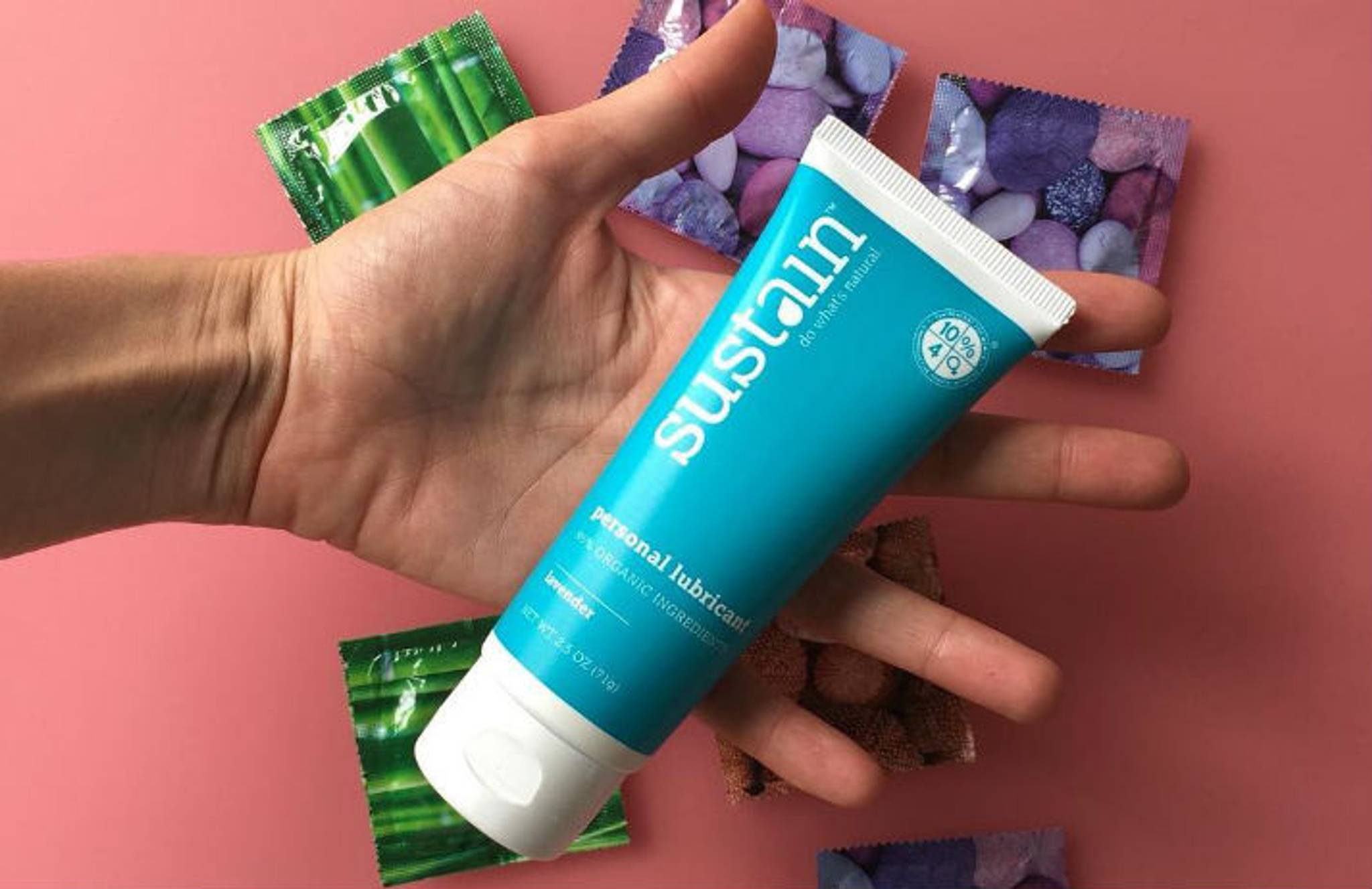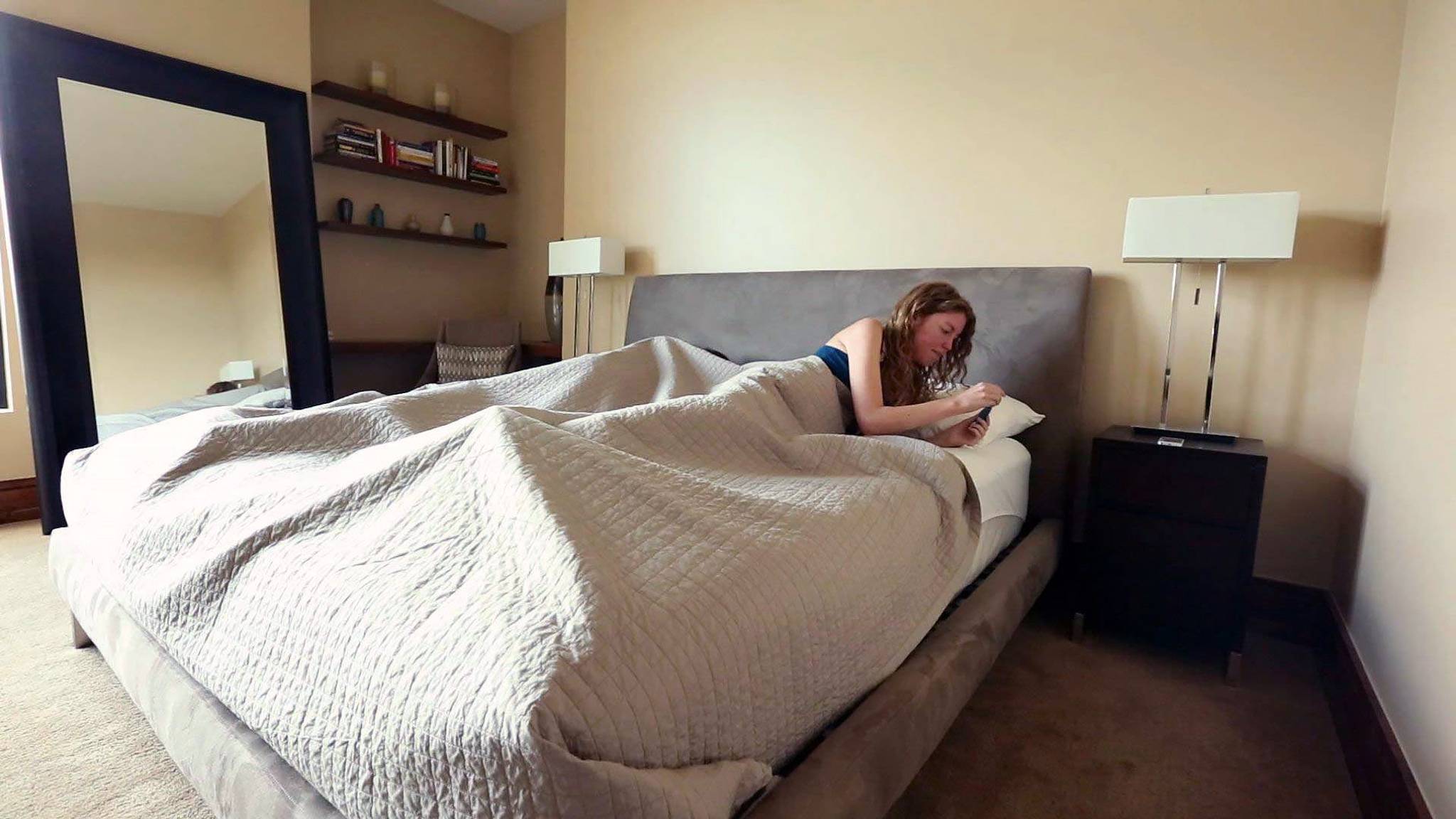
Birth control is a contentious issue – whether it’s President Trump’s threat to remove public funding for it or the revelation that women on the Pill are more likely to be depressed. Adding another controversy to the mix is Natural Cycles, an app that can be used in place of contraception. We explore the insights behind the app, and how technology can enhance people’s understanding of their bodies, paving the way to alternative healthcare options.
While not the first app of its kind on the market, Natural Cycles is the first fertility-tracking app to be approved as a method of contraception in Europe, though it had been refused approval previously. Created by scientist Elina Berglund, it works by tracking users' temperature with a digital thermometer, using a unique algorithm to inform the user when it’s safe to have unprotected sex without risking pregnancy. It uses the same logic as fertility trackers like Clue, which are designed to help women conceive. It was recently declared reliable enough to be a replacement for the birth control pill, and is already being used by 150,000 women.
Over two-thirds of women of reproductive age in Europe use contraception of some kind, but 10% of those who are at risk of unintended pregnancy don’t use any. Reasons for abstaining from hormonal birth control – despite the risks – are the side effects that can affect each woman differently, and an increasing awareness of the potential harm caused by what we put into our bodies. Natural Cycles offers a non-hormonal, non-intrusive alternative. And at only £60 a year, it's a significantly cheaper option for those not covered by health insurance or a national health service.
This isn’t the only instance in which technology is being used to help people understand their bodies better with the hopes of circumventing traditional treatments. Applied VR is a healthcare start-up working on VR content aimed at alleviating pain and anxiety before, during and after medical procedures. One game from the company was found to reduce patients' pain by an average of 24% in just 20 minutes. “That’s a pretty dramatic reduction for an acute pain,” says Brennan Spiegel from Cedars-Sinai Medical Centre, which is backing Applied VR's research. “It’s not too different from what we see from giving narcotics.” Perhaps the future doesn’t hold a technologically enhanced cyborg race, but rather a new generation of humans who are truly in tune with their bodies.
Katy Young is a behavioural analyst at Canvas8, which specialises in behavioural insights and consumer research. She has a degree in American Studies and Film and an MA in Journalism. Her interests include wild swimming, thinking of podcast ideas and singing in an all-female choir.



